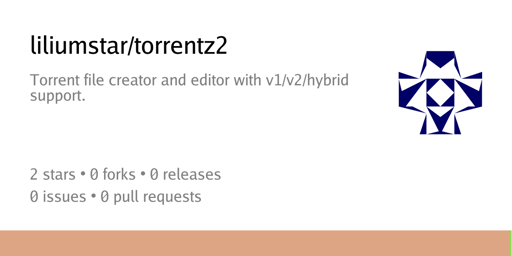

I host and use it as my default search on all devices. Bare metal deployment. The maintenance is pretty low, I just run the instance update script from to time.
Results have been worse lately, I think it needs some tuning in regards to weights and what engines are in use.



You can get started pretty easily with Podman desktop and kind. Then you have a small self-contained cluster to mess around with, that also functions as a dev environment. Another option, and how I first learned, was with free credits from GCP. I realize this is self-hosted, just providing options for learning…
I’ve always liked Digital Ocean tutorials for getting stuff done. This one shows you how to deploy some things and links out to official documentation for further details: https://k8s-ops.net/posts/getting-started-with-kubernetes-digitalocean/
These are also good free tutorials: https://www.geeksforgeeks.org/devops/kubernetes-tutorial/
Once you are comfortable with kubectl and basic deployments, then look into helm.